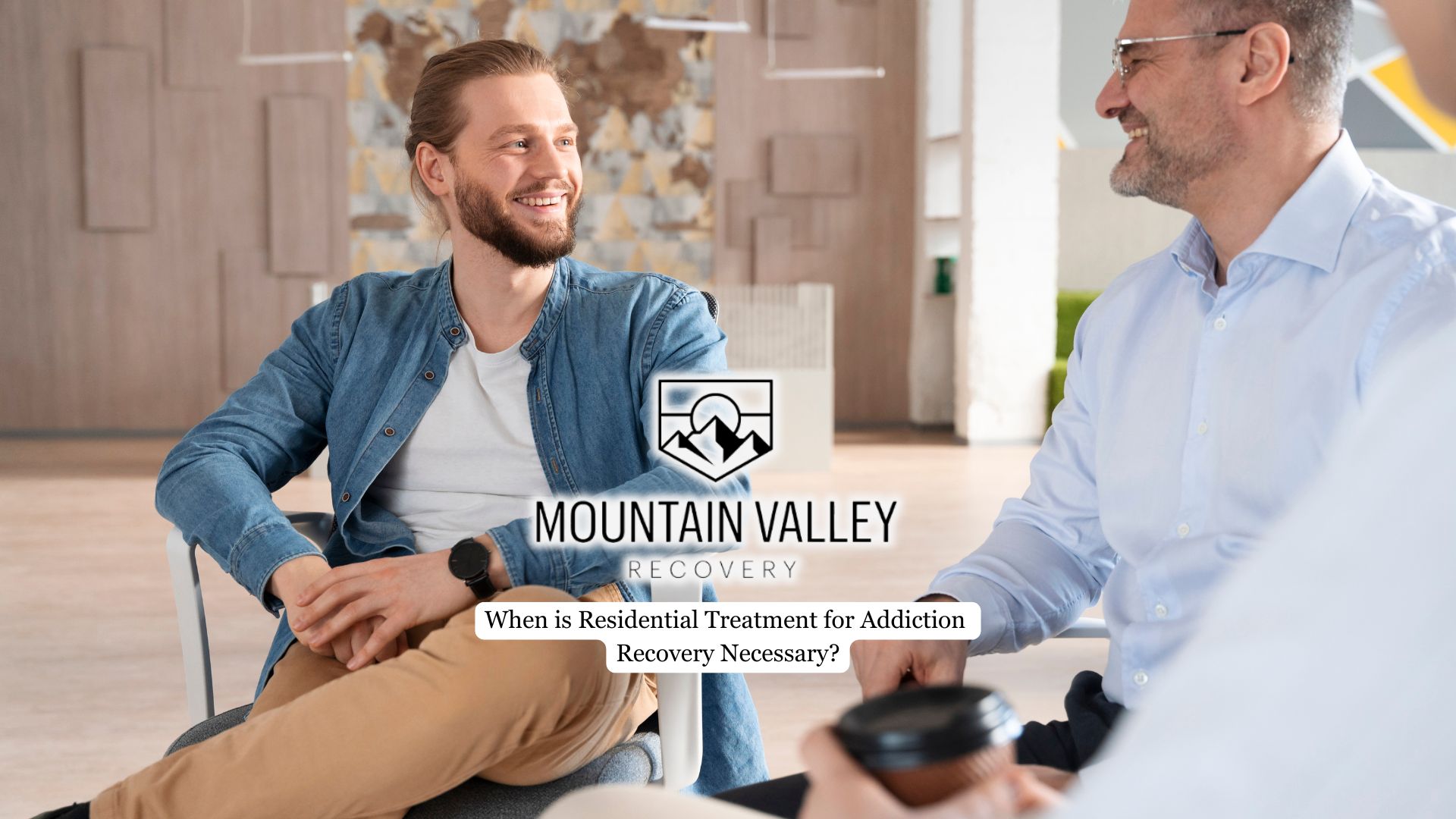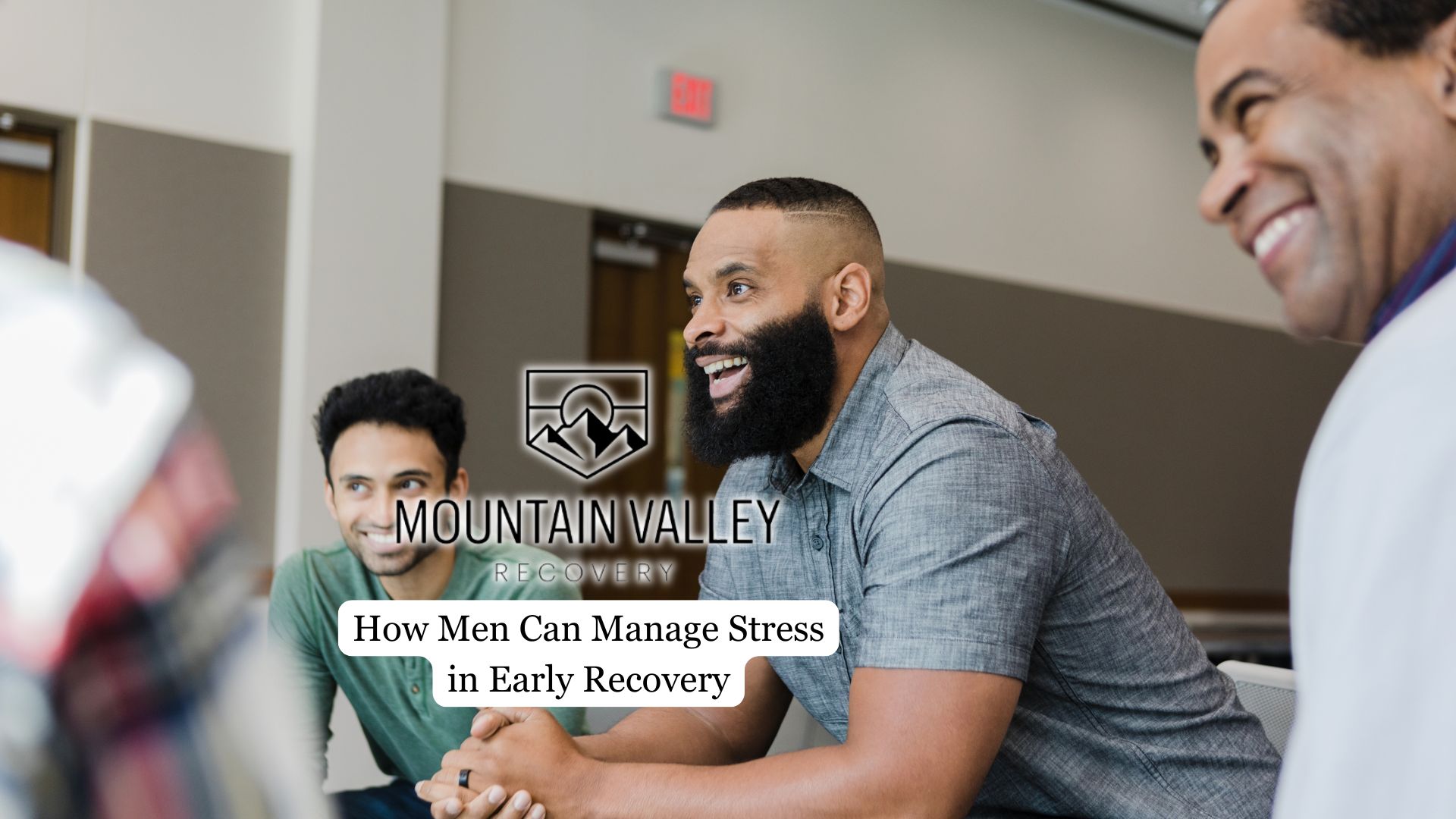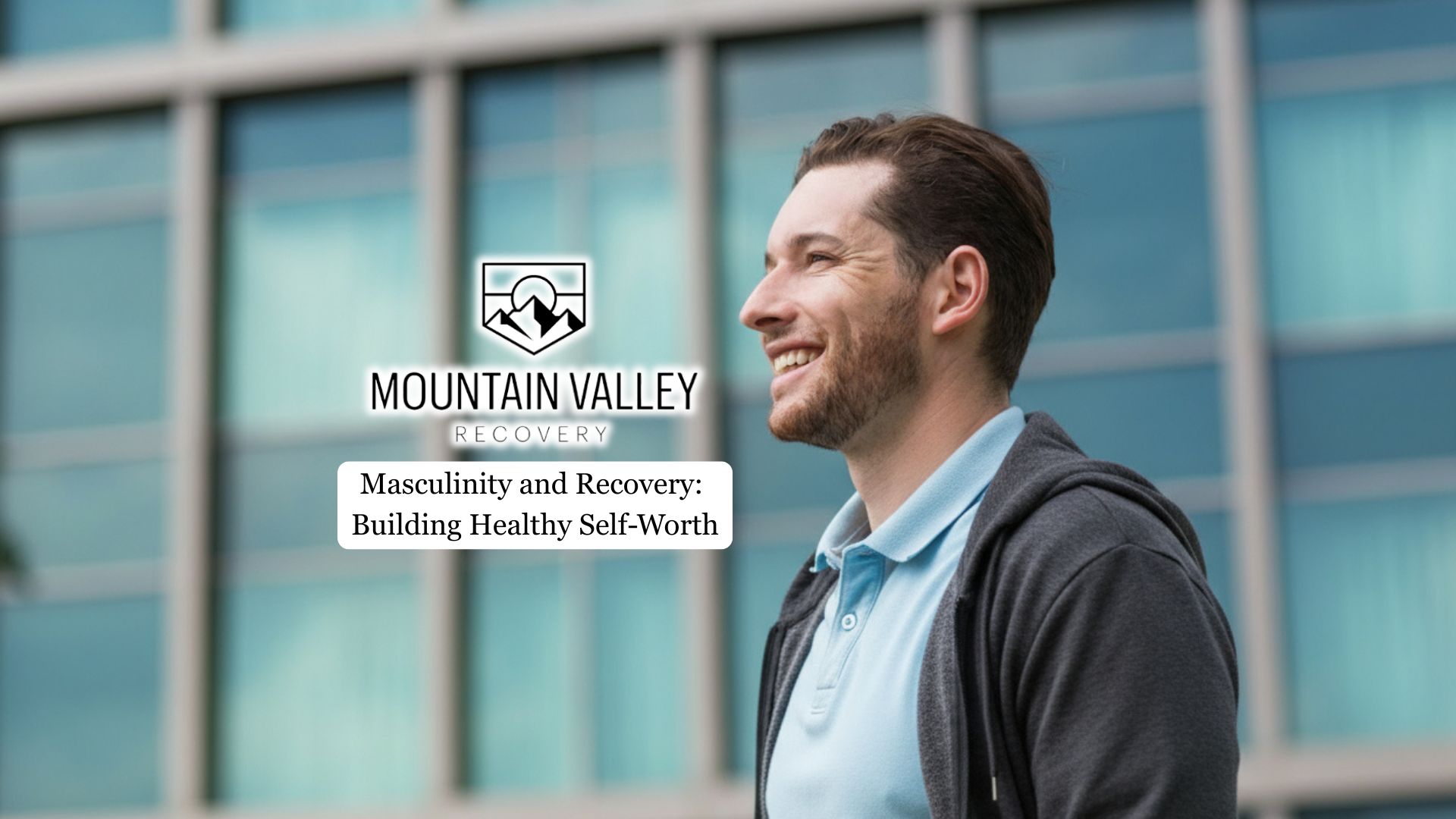Addiction doesn’t always follow a predictable path, and knowing when it’s time for treatment can be difficult. For some, outpatient care is enough to regain stability, but others, particularly men who may face pressure to cope silently, need more intensive, round-the-clock support. Residential treatment offers a higher level of care when addiction becomes too severe, unsafe, or unmanageable at home.
This article explains the clear signs that indicate when residential treatment is not just beneficial, but absolutely necessary for lasting recovery.
When Outpatient Services Aren’t Enough
Outpatient programs are often the first step in addiction recovery. They provide flexibility and allow individuals to maintain daily responsibilities such as work, school, or family obligations while attending therapy and support groups. However, this model assumes that the person can maintain a baseline level of stability and safety.
When outpatient care no longer meets the individual’s needs—due to repeated relapse, lack of follow-through, or inability to manage cravings — residential rehab treatment for men becomes essential. The immersive, structured nature of inpatient care removes external distractions and offers 24/7 supervision. This level of care is especially important for individuals who require more accountability, consistent access to clinical support, or a reprieve from high-risk environments.
Severe or Long-Term Substance Use
Chronic substance use affects the brain’s reward system, decision-making abilities, and impulse control. For those with long-term or severe addiction, withdrawal can be physically and psychologically intense. Substances such as alcohol, benzodiazepines, and opioids can cause life-threatening withdrawal symptoms, which require medically supervised detoxification.
Residential treatment facilities are equipped to handle withdrawal safely while offering a comprehensive treatment plan that addresses both the immediate and underlying causes of addiction. These programs often include medical care, medication-assisted treatment (MAT), cognitive behavioral therapy (CBT), individual counseling, group therapy, and relapse prevention planning.
Mental Health and Co-Occurring Disorders
Addiction and mental health disorders frequently occur together, a condition known as dual diagnosis or co-occurring disorders. Common mental health issues that accompany addiction include depression, anxiety, PTSD, bipolar disorder, and personality disorders. Without treating both conditions simultaneously, recovery outcomes are often poor.
Residential treatment programs integrate psychiatric and addiction services under one roof. This holistic approach allows for a more cohesive treatment experience, where therapists, psychiatrists, and addiction counselors collaborate on care. These programs provide regular psychiatric evaluations, medication management, trauma-informed care, and evidence-based therapies designed for dual diagnosis populations.

Lack of a Safe or Supportive Home Environment
Addiction recovery depends heavily on one’s environment. If a person lives in a household where others are actively using substances or where there is emotional abuse, neglect, or instability, outpatient care may be ineffective. Triggers in the home can derail progress and increase the likelihood of relapse.
Residential treatment removes individuals from harmful environments and places them in a setting built for healing. These facilities are drug- and alcohol-free and provide consistent rules, expectations, and support systems. Residents engage in structured activities that promote personal growth, healthy relationships, and sobriety.
Peer support is also a major benefit. Living alongside others who are also in recovery can foster accountability and encouragement. Group therapy sessions, communal meals, and shared activities create a sense of community that is often missing in outpatient care.
High Risk of Harm or Overdose
For individuals at high risk of overdose or engaging in risky behaviors due to their substance use, residential treatment may be the safest and most effective option. People who have experienced multiple overdoses, suicidal thoughts, or self-harming behavior need constant supervision and immediate access to medical and psychological support.
Inpatient settings are equipped with trained staff who monitor physical and mental health around the clock. These teams can intervene in moments of crisis, administer emergency medical care, and implement safety plans tailored to the individual’s risk level.
Moreover, residential treatment provides a window of stability in which life-saving changes can occur. During this time, individuals can begin building the coping skills and support networks necessary to reduce future harm and reestablish a foundation for a healthier, more stable life.
Difficulty Establishing or Maintaining Recovery Tools
Another reason residential treatment becomes necessary is when a person struggles to build or use recovery tools on their own. Recovery requires more than just stopping drug or alcohol use—it involves learning how to manage stress, navigate relationships, build routines, and develop purpose.
For many, particulary men, who may feel pressure to handle struggles independently or avoid asking for help, these skills aren’t easily acquired without direct guidance. Residential programs offer comprehensive services that address life skills, vocational planning, nutritional support, and relapse prevention. These tools are integrated into daily routines so they become second nature, setting individuals up for sustainable success once they leave treatment.
Final Thoughts from Mountain Valley Recovery
Choosing residential treatment is often a pivotal moment for someone facing serious challenges with addiction. It reflects a commitment to structured healing in a safe and supportive space.
At Mountain Valley Recovery, we understand the complexities that lead someone to residential care. Our men-only rehab programs in Utah provide evidence-based therapies, round-the-clock supervision, and a supportive environment tailored to individual needs. With a focus on holistic healing and long-term growth, we help our clients build the foundation for lasting recovery.





